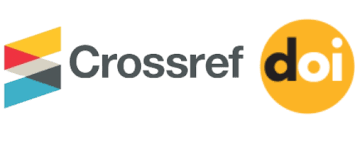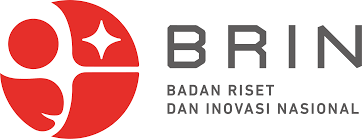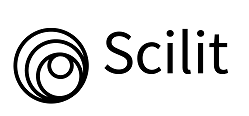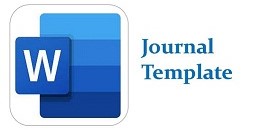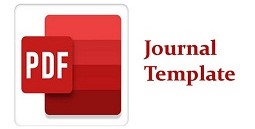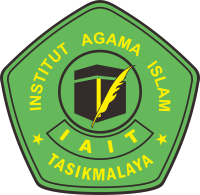Maqolat: Journal of Islamic Studies Call for Content Articles
- Islamic Studies
- Fiqh & Ushul Fiqh
- Tafsir and Hadits
- Islamic Thought
- Islamic History and Civilization
- Tasawwuf and Islamic Mysticism
- Sharia and Islamic Economics
- Islamic Education Research
- Islamic Teaching and Learning
- Islamic Law,
- Islamic Philosopy
* Articles submitted must be Islamic Thought Based on the Qur'an.
*Articles submitted will be prioritised based on the selection and Maqolat Journal review process.



